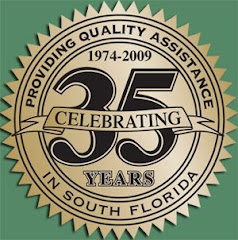From Trauma to Drama
“My life is a mess, I don’t know what else to do. Sleep is nonexistent, and if I do get to sleep I don’t stay asleep or have awful nightmares.”
“Everything irritates me, and my wife says I’m always blowing up about nothing.”
“I can’t concentrate, not even to read, and I don’t feel like doing the things that I used to love to do.”
“I just feel detached, even from my husband and kids.”
“I begin everyday just feeling unsettled, anxious, and unhappy.”
These are just a few of the complaints I’ve heard over the past few weeks. They used to be from those with depression and anxiety from physical, psychological or sexual abuse, or what we all identify as trauma; like rape, attack, combat experiences, or auto and plane accidents. These individuals may have been diagnosed with PTSD.
Today I’m hearing this litany of misery from many struggling with the results of the current economy. A job is lost with little expectation of finding another anytime soon, or a senior, ready to retire and finally relax has watched his retirement diminish significantly, or disappear. Sometimes it’s a spouse who hasn’t worked in years, accustomed to financial security but who now finds herself the primary breadwinner, working a minimum wage position just to buy groceries and pay a few bills. The trauma of the declining market has resulted in a life of emotional turmoil, confusion and often unexpected drama.
This kind of upheaval can trigger symptoms of PTSD, long believed to have been resolved. The old sense of helplessness, powerlessness, anger, detachment, and lack of ability to experience loving feelings feels overwhelming and people feel worse than they think they should.
The “drama” can manifest as angry outbursts, fits of crying and depression, anxiety or panic attacks, emotional shutdown and withdrawal, marital conflict, or even alcohol, substance abuse or over use of prescription medications. On the internet and news we hear the violent extremes to which some are pushed as their lives unravel.
No doubt the trauma is real but the drama can be eliminated. With help, you can learn to cope effectively with the realities of our economy. Support groups like the one offered on this website can provide not only a source of helpful information but a sense of “I’m not in this alone.” An efficient and rapidly effective psychotherapy called EMDR can reduce the emotional intensity driving the drama in your life and allow you to think more clearly about the steps you need to take to survive our economic challenges. None of us are in this alone and help is available.
Marcia S. Seeberg, MS, LMHC




No comments:
Post a Comment